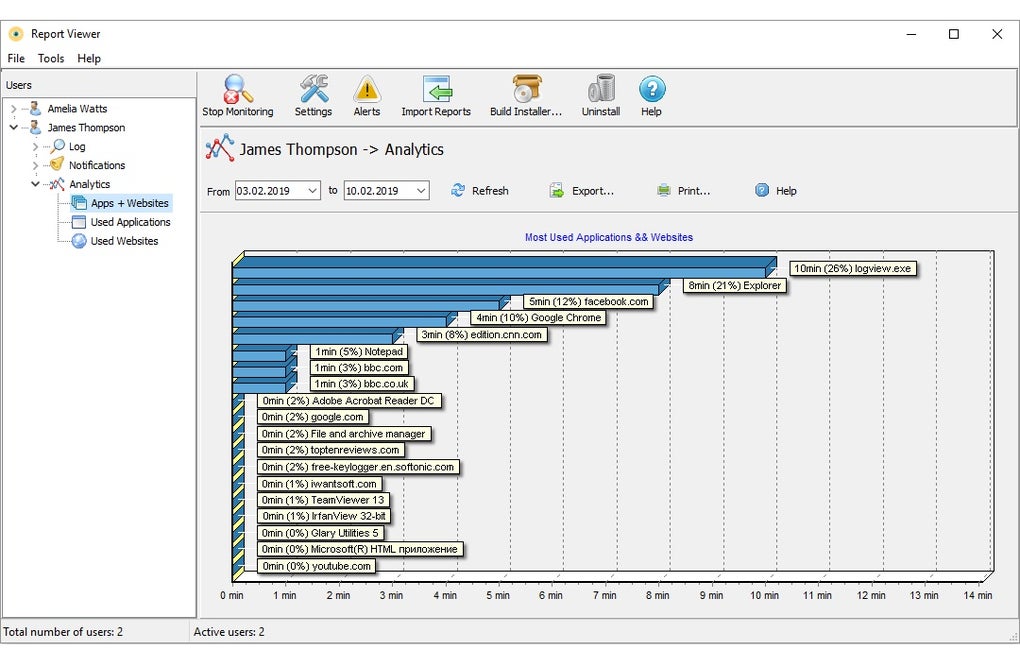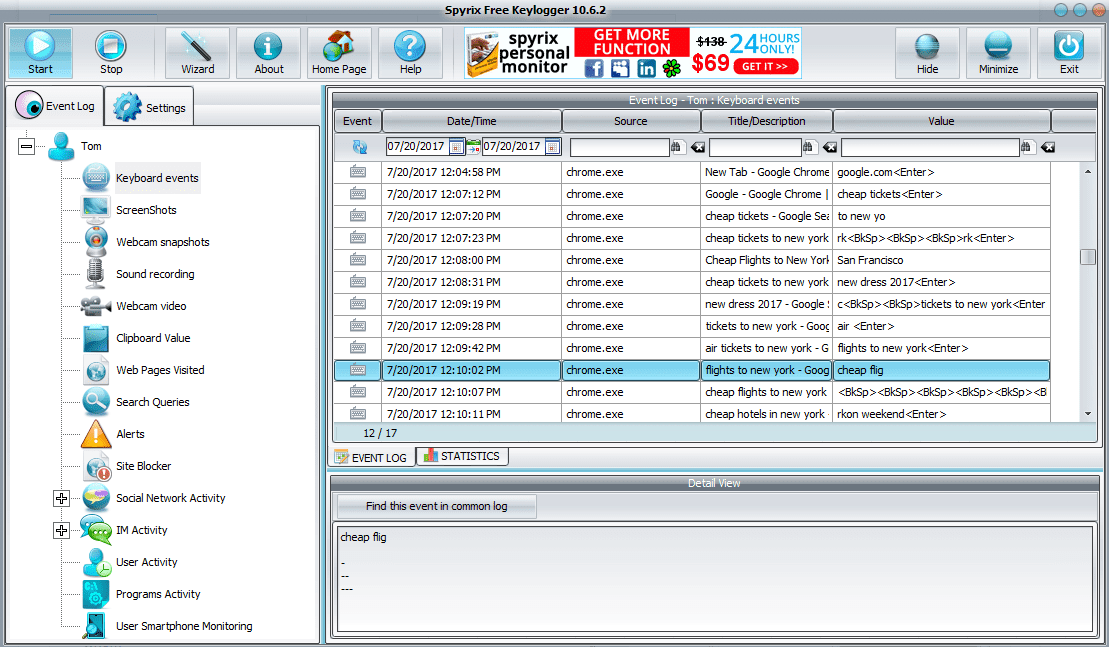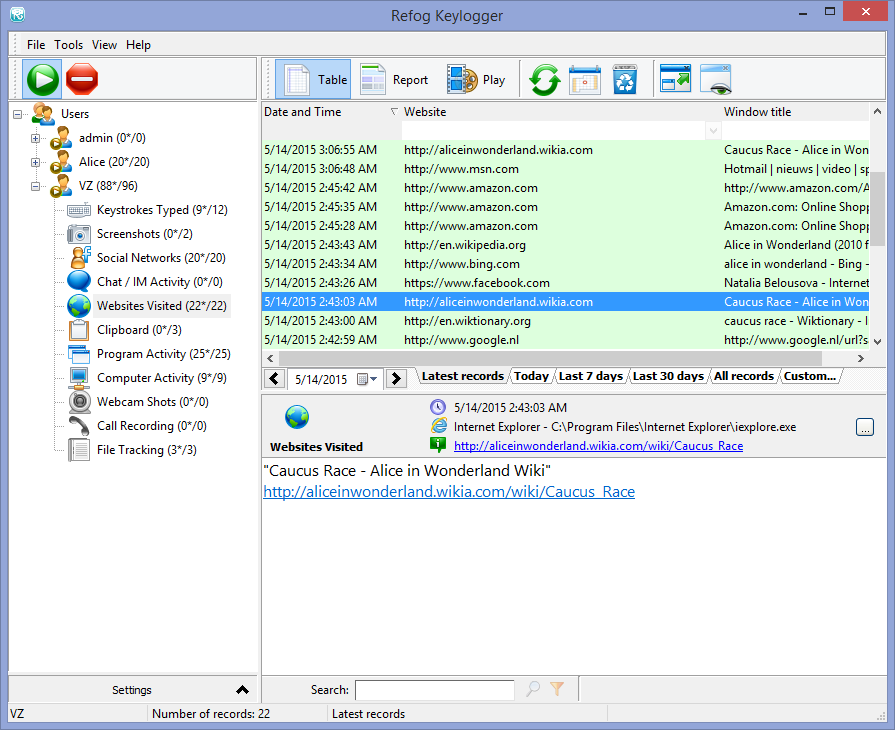Keylogger download, the act of obtaining software that records every keystroke you make, is a topic that sparks both curiosity and concern. While keyloggers can serve legitimate purposes, such as parental monitoring or employee productivity tracking, their potential for misuse raises significant ethical and legal questions.
Table of Contents
This exploration delves into the world of keyloggers, examining their various forms, the motivations behind their use, and the associated risks. We’ll uncover the potential dangers of downloading keyloggers from untrusted sources, discuss the legal implications of their use, and explore ethical considerations surrounding their deployment. Ultimately, this analysis aims to provide a comprehensive understanding of keyloggers, empowering individuals to make informed decisions about their use and protect themselves from potential harm.
Legal Considerations

Keyloggers are powerful tools that can be used for both legitimate and illegitimate purposes. It is crucial to understand the legal implications of using keyloggers before deploying them. This section will explore the legal framework surrounding the use of keyloggers in different countries and discuss the potential legal consequences of using keyloggers without proper authorization.
Legal Framework Surrounding Keylogger Use
The legal framework surrounding keylogger use varies significantly across countries. Some countries have specific laws that regulate the use of keyloggers, while others rely on broader privacy laws.
Laws Specific to Keyloggers
In some countries, laws specifically address the use of keyloggers. For example, in the United States, the Electronic Communications Privacy Act (ECPA) prohibits the interception of electronic communications without proper authorization. Similarly, the UK’s Regulation of Investigatory Powers Act (RIPA) regulates the use of surveillance technologies, including keyloggers.
Broader Privacy Laws
Many countries have broader privacy laws that may apply to the use of keyloggers. For instance, the European Union’s General Data Protection Regulation (GDPR) protects personal data and requires companies to obtain consent before collecting and processing personal data.
Legal Consequences of Unauthorized Keylogger Use
Using keyloggers without proper authorization can lead to serious legal consequences, including:
Civil Liability
Individuals who use keyloggers without consent can face civil lawsuits for violating privacy rights.
Criminal Charges
In some cases, unauthorized keylogger use can result in criminal charges, such as:
- Wiretapping
- Invasion of privacy
- Computer fraud
Penalties
Penalties for unauthorized keylogger use can include:
- Fines
- Imprisonment
- Damage to reputation
Examples of Legal Cases
Several legal cases illustrate the potential consequences of unauthorized keylogger use.
United States
In the United States, the case of *United States v. Katz* (1967) established that the Fourth Amendment’s protection against unreasonable searches and seizures applies to electronic communications. This case has been cited in numerous cases involving the use of keyloggers.
European Union
In the European Union, the case of *Google Spain v. AEPD* (2014) established the “right to be forgotten,” which allows individuals to request the removal of personal data from search engine results. This case has implications for the use of keyloggers, as it highlights the importance of protecting personal data.
Keylogger Prevention Tips: Keylogger Download

Keyloggers are a serious threat to your online privacy and security. They can steal your passwords, financial information, and other sensitive data. Fortunately, there are steps you can take to protect yourself from keylogger attacks.
Strong Passwords
Strong passwords are the first line of defense against keyloggers. A strong password is at least 12 characters long, includes a mix of uppercase and lowercase letters, numbers, and symbols, and is not based on any personal information.
- Avoid using the same password for multiple accounts.
- Use a password manager to store and manage your passwords securely.
Antivirus Software
Antivirus software can help protect your computer from keyloggers and other malware. Make sure your antivirus software is up-to-date and that you run regular scans.
Regular System Updates, Keylogger download
Software updates often include security patches that fix vulnerabilities that could be exploited by keyloggers. Make sure to install all updates promptly.
Safe Internet Usage
It is important to be aware of the risks of keyloggers when using the internet. Avoid downloading files from untrusted sources, and be wary of suspicious emails or websites.
- Only download software from reputable sources.
- Be careful about clicking on links in emails or on websites.
- Use a VPN when connecting to public Wi-Fi networks.
Real-World Scenarios
Keylogger prevention tips have been successful in preventing many attacks. For example, in 2020, a company in the United States was able to prevent a keylogger attack by using a strong password policy and keeping their antivirus software up-to-date.
Final Thoughts

The landscape of keyloggers is complex, with potential benefits and significant risks. While legitimate uses exist, the potential for misuse necessitates careful consideration of the ethical and legal implications. By understanding the dangers, adopting preventive measures, and exploring alternative solutions, individuals can navigate this realm with awareness and protect themselves from the unintended consequences of keylogger download.
While a keylogger download might seem like a way to monitor activity, it’s crucial to remember that such tools can be used for malicious purposes. If you’re looking for a more legitimate way to present information, consider using a free PowerPoint alternative like powerpoint free.
These platforms allow you to create visually appealing presentations without resorting to potentially harmful software.
